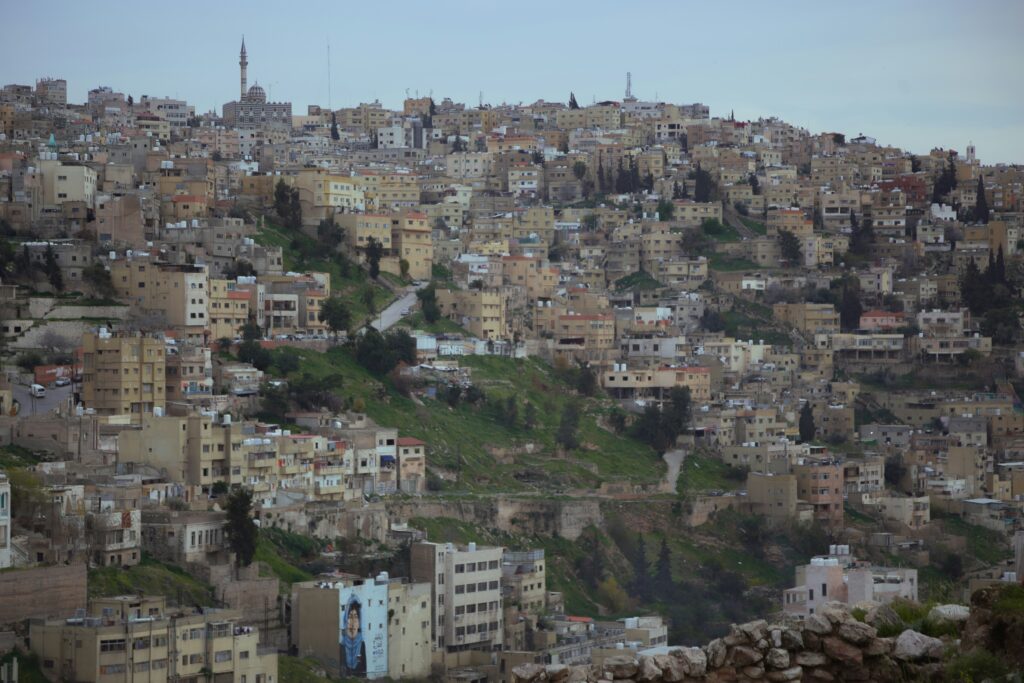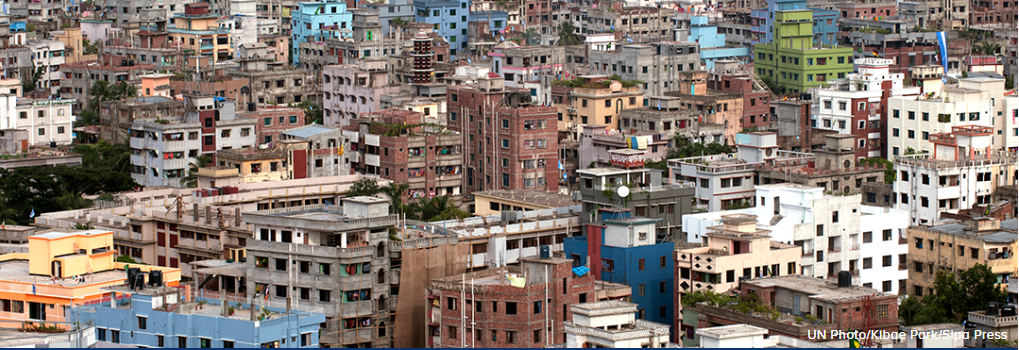Gap Fund Hosts Webinar For Cities in the MENA Region

On September 10, 2024, the GCoM-Gap Fund Partnership hosted an awareness raising webinar for cities in the Middle East and North Africa (MENA) region to introduce the City Climate Finance Gap Fund (Gap Fund). The event attracted a diverse audience of local government representatives, climate action practitioners, and regional partners (total of 55 participants), emphasizing the broad regional interest in advancing climate action. Participants joined from Jordan, Lebanon, Palestine, Egypt, Morocco, Iraq, Sudan, Tunisia, Libya, and Yemen.
Additionally, organizations such as UN-Habitat, UNDP, and Clima-Med were well-represented, confirming the collaborations the GCOM-Gap Fund has forged in the region. National governments, such as the Ministry of Water Resources and the Ministry of Housing, in Egypt also joined to learn more about the Gap Fund.
The primary focus of the webinar was to help cities understand how the Gap Fund can support their efforts in developing climate-resilient urban projects. The event provided a step-by-step guide on how cities can access the Gap Fund for early-stage technical assistance, turning climate-resilient ideas into finance-ready projects.
Amman Municipality shared their successful experience with the Gap Fund, and CoM-Med introduced their efforts in developing SEACAPs and climate finance guidelines for MENA countries, while also emphasizing the importance of Project Preparation Facilities (PPFs) and early-stage support.
Key takeaways from the event included:
- Matchmaking with Financial Institutions: Many cities expressed the need for support in matchmaking with international financial institutions, such as the World Bank and European Investment Bank (EIB), for large projects.
- Support for SEACAPs: Cities were highly interested in developing their SEACAPs and saw early support from the GCoM-Gap Fund Partnership as crucial in choosing projects that could be matched with substantial funding opportunities.
- Understanding the Process: Participants were eager to learn how other cities had successfully gone through the process of applying for technical assistance. They requested communication materials explaining the journey from application to receiving technical support and finally matchmaking with financial institutions.
- Interest in Case Studies: Cities showed strong interest in seeing successful case studies from other regions, particularly examples of how the Gap Fund has helped cities transform their climate plans into implementable projects.
- Network of Experts and Cities: There was a call for establishing a platform or network where cities and Project Preparation Facility (PPF) experts could exchange knowledge and support each other throughout the journey.
For more information on how your city can get involved, visit the City Climate Finance Gap Fund website.


